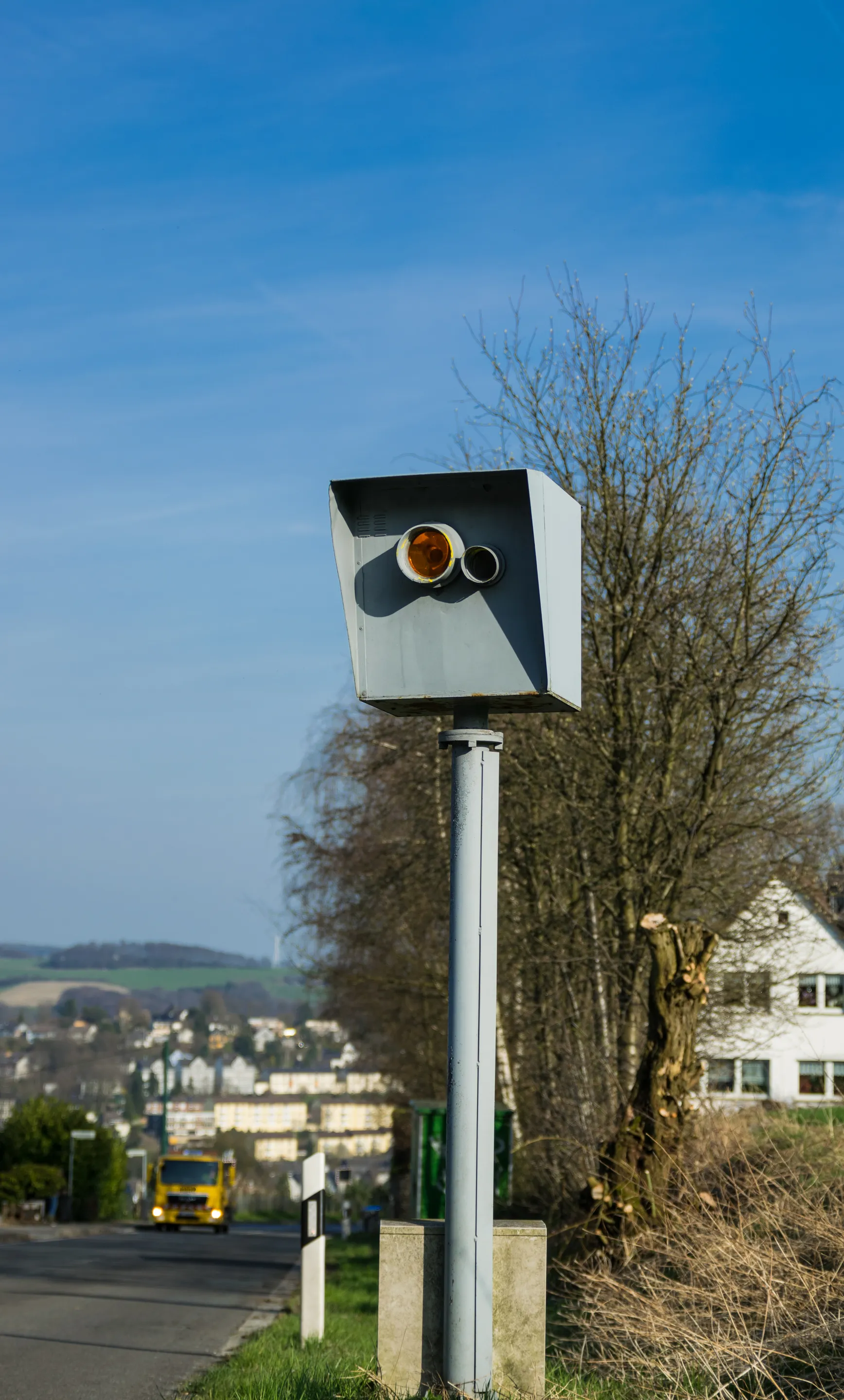In the UK mobility scooter sales are soaring, with overcrowding and traffic jams becoming a problem in certain areas. The battery powered scooters are supposed to be driven solely by the disabled, however a new breed of tarmac terror has appeared in the shape of the severely lazy. Questions are being asked in the corridors of power as to why comparatively young and healthy people are now using mobility scooters. Many owners are aged or disabled but there are growing numbers of users who are not. This is pro
August 10, 2012
Read time: 2 mins
In the UK mobility scooter sales are soaring, with overcrowding and traffic jams becoming a problem in certain areas. The battery powered scooters are supposed to be driven solely by the disabled, however a new breed of tarmac terror has appeared in the shape of the severely lazy. Questions are being asked in the corridors of power as to why comparatively young and healthy people are now using mobility scooters.
Many owners are aged or disabled but there are growing numbers of users who are not. This is prompting calls for proper legislation. Top speeds vary from 6.4-12.8km/h, while the scooters are capable of transporting people weighing up to 133kg, but there is no requirement for a licence, insurance or roadworthiness checks and nor are users subject to alcohol tests. As mobility scooters do not have to be registered, accurate numbers are hard to determine but the UK is now thought to have more mobility scooters than any other European nation. According to the UK’s5432 Department for Transport, there may be 250,000-300,000 mobility scooters in use across the UK, compared with just 70,000 five years ago. And a mobility scooter powered by a supercharged petrol engine was seized by officials in South Yorkshire. The vehicle had been ridden at speeds of up to 100km/h before the 24-year-old rider of the machine was stopped.
Many owners are aged or disabled but there are growing numbers of users who are not. This is prompting calls for proper legislation. Top speeds vary from 6.4-12.8km/h, while the scooters are capable of transporting people weighing up to 133kg, but there is no requirement for a licence, insurance or roadworthiness checks and nor are users subject to alcohol tests. As mobility scooters do not have to be registered, accurate numbers are hard to determine but the UK is now thought to have more mobility scooters than any other European nation. According to the UK’s







